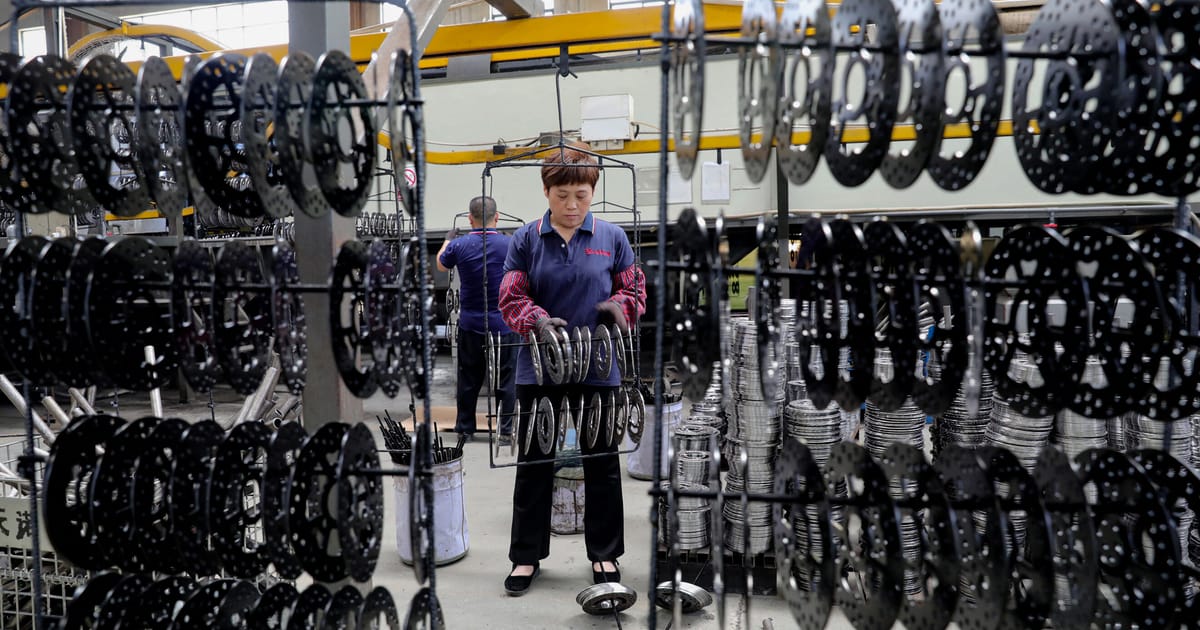The EU is having a radical rethink of how to cope with the trade threat from Beijing — and its response has a very Chinese flavor to it.
Over the past years, EU trade policy has traditionally focused on building protective fortress walls, and last week’s decision to impose punitive tariffs on Chinese electric cars initially looked like another example of the classic defensive playbook in Brussels.
In a remarkable turn of events, however, the EU is now considering a next step that invites China’s electric vehicle (EV) makers inside the walls.
The big idea is to use the tariff threat to force Chinese carmakers to come to Europe to form joint ventures and share technology with their EU counterparts, according to conversations with four diplomats and two senior officials.
There are signs the formula is already attractive with EU carmakers. Franco-American-Italian carmaker Stellantis has formed a joint venture with China’s Leapmotor to start Europe operations in September. Spain’s EBRO-EV has teamed up with Chery — China’s fifth-largest automotive company — to develop EVs in Barcelona.



So the alternative for millions of people will be universal income if they can’t work anymore. It’s still a good alternative but it won’t sell cars and I’m not sure the economy will be happy about it.